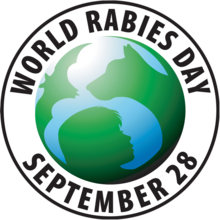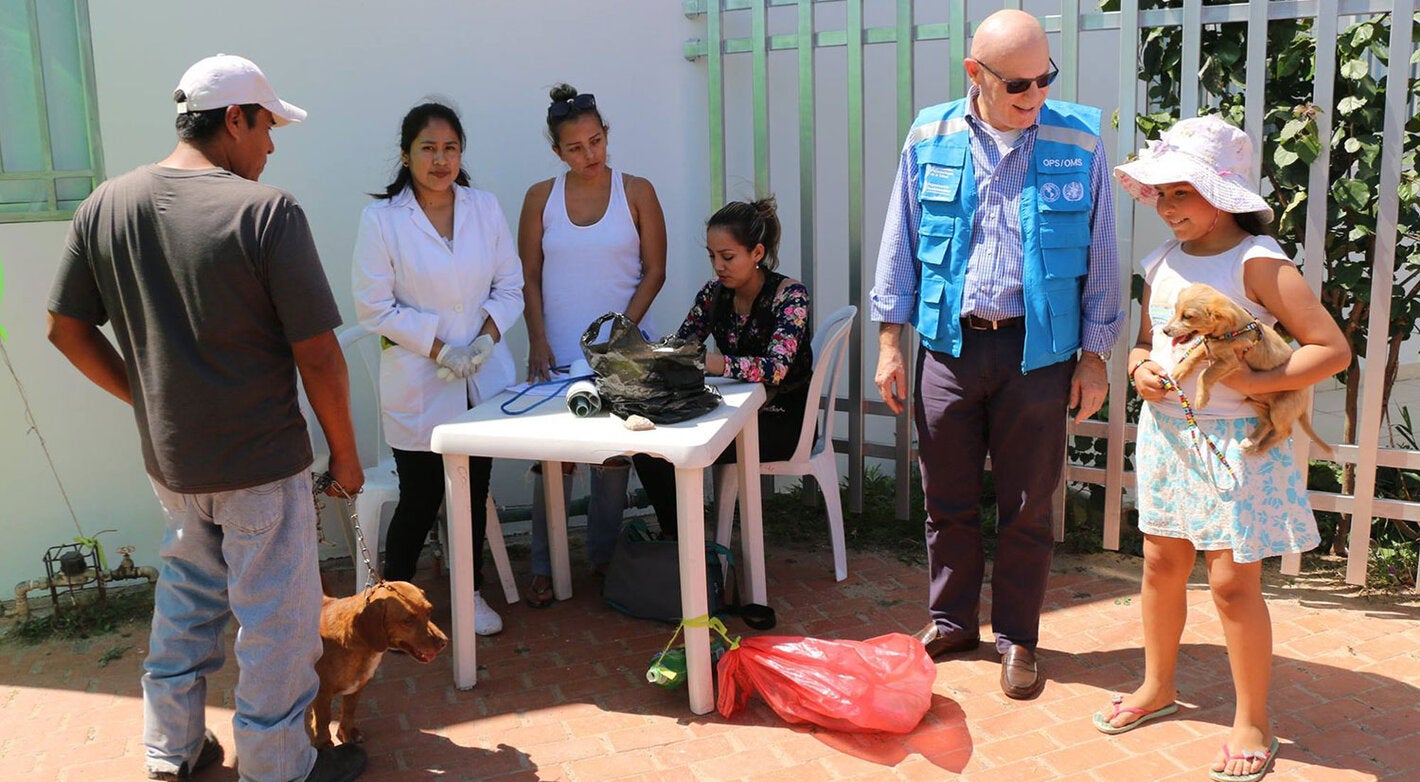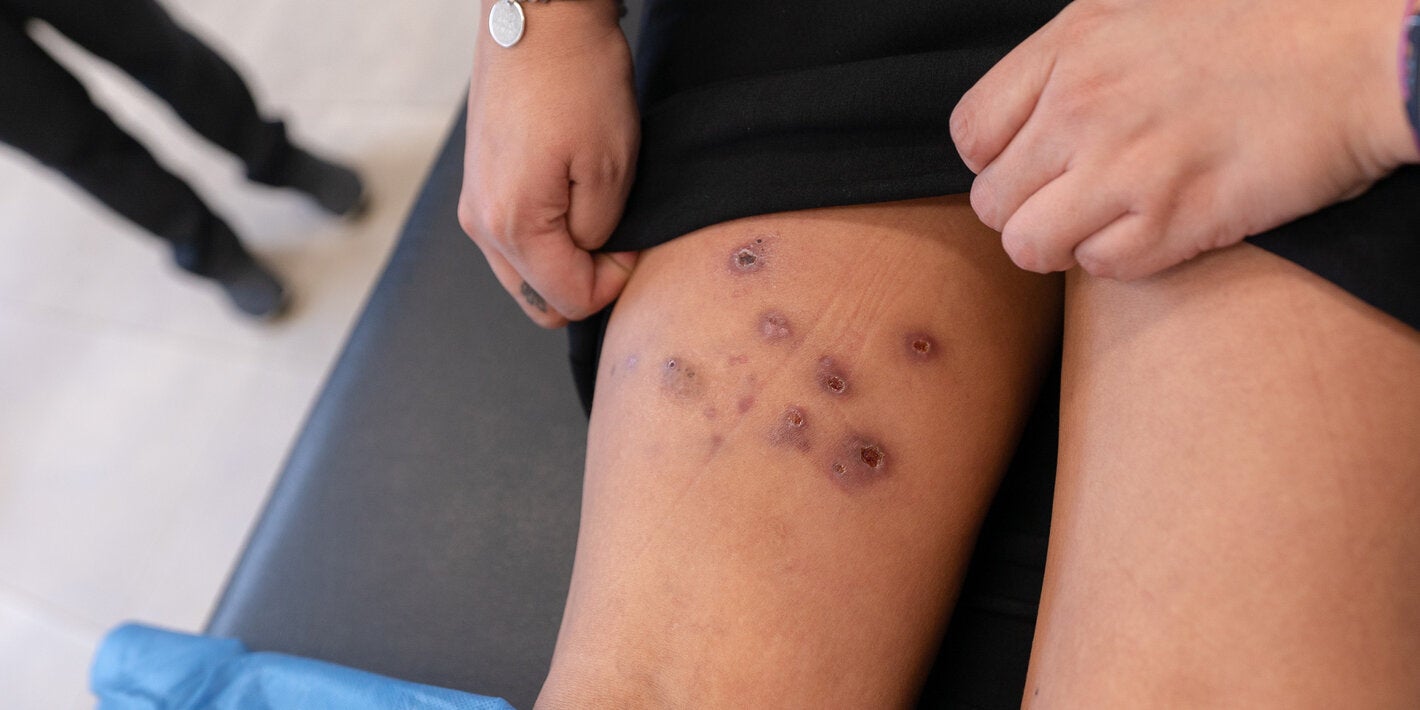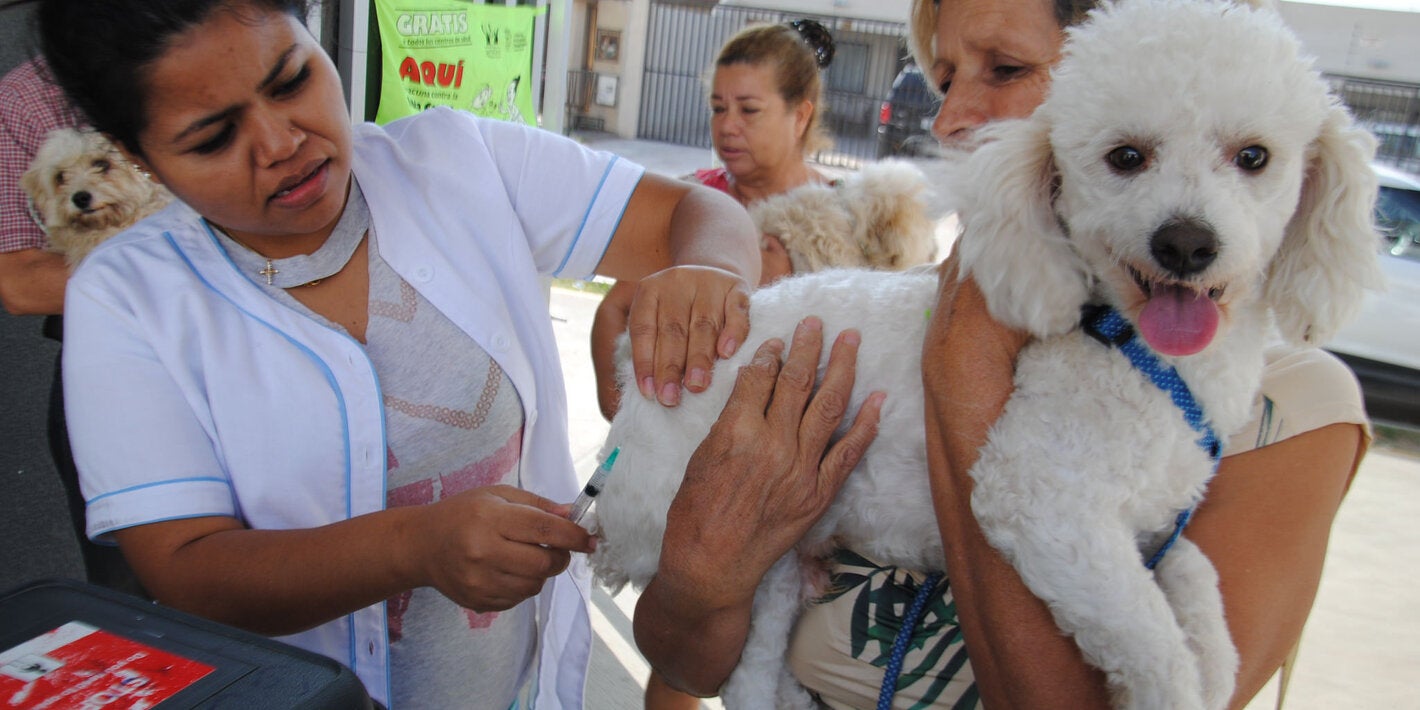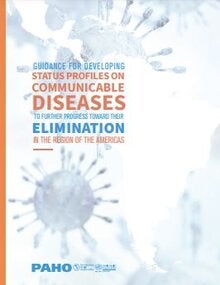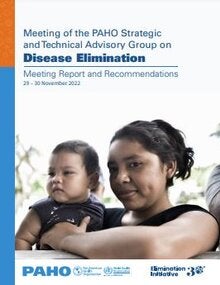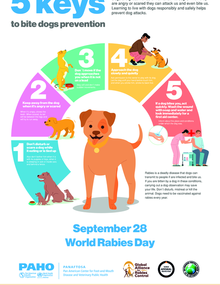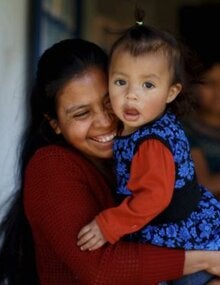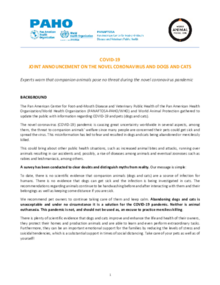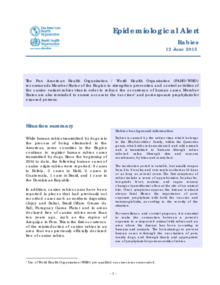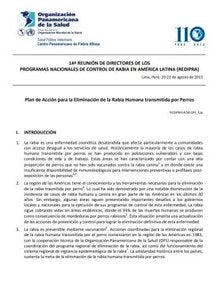Rabies is a zoonosis (disease transmitted to humans by animals) caused by a virus that affects domestic and wild animals, and spreads to people through contact with infected saliva through bites or scratches.
Rabies is present on all continents, except Antarctica, but more than 95% of human deaths are recorded in Asia and Africa.
Once the symptoms appear, the disease is almost always fatal.
Rabies is an unhealthy disease of poor and vulnerable populations, where deaths are rarely reported. It occurs mainly in isolated rural communities, where no measures are taken to prevent the transmission of the disease from dogs to humans.
Subnotification of rabies also prevents the mobilization of resources from the international community to eliminate human rabies transmitted by dogs.
The region of the Americas has the necessary knowledge and tools for the elimination of rabies transmitted by dogs. Coordinated actions for the regional elimination of human rabies transmitted by dogs began in the Americas in 1983, with the technical cooperation of PAHO, responsible for the coordination of the regional program for the elimination of rabies, as well as the operation of the regional epidemiological surveillance system of rabies.
This is one of the +30 diseases and conditions included in the Elimination Initiative and targeted for elimination in the Region of the Americas by 2030.



